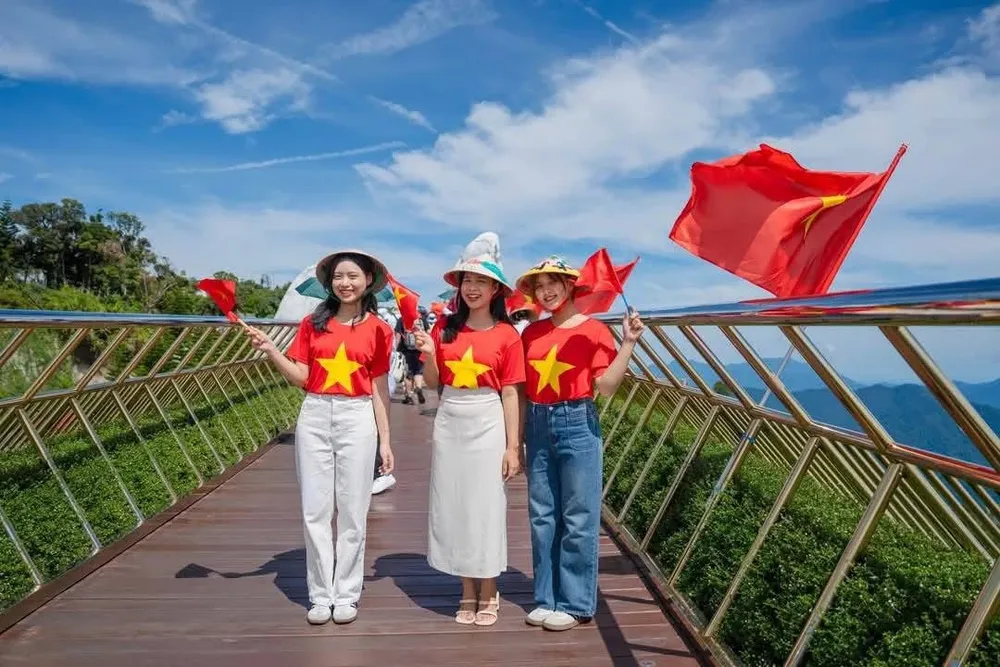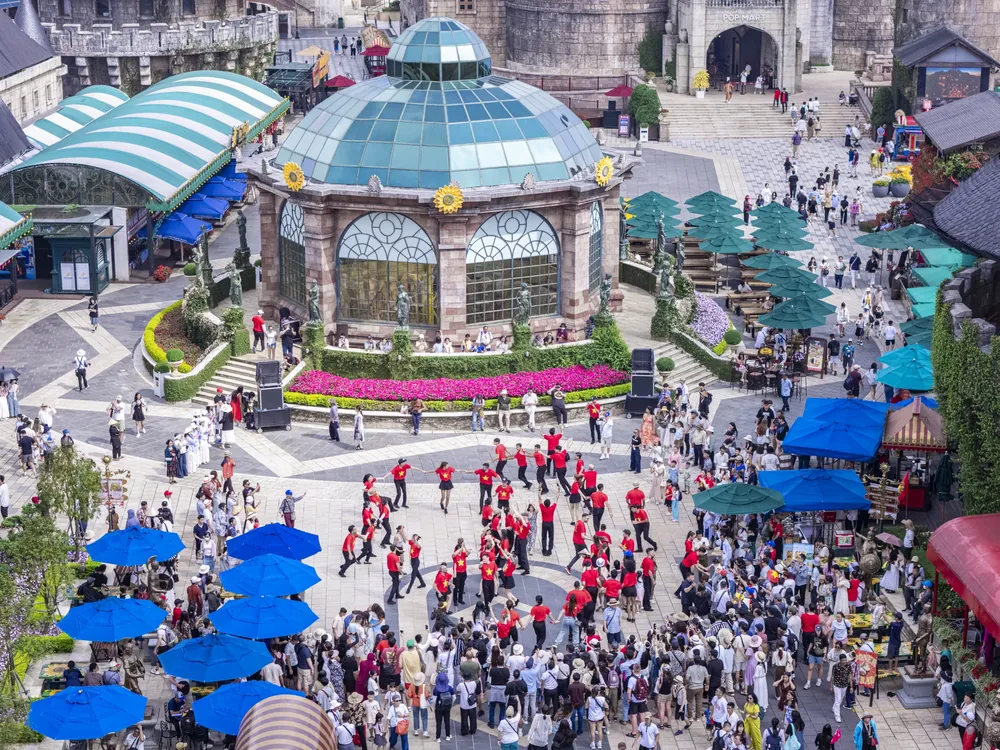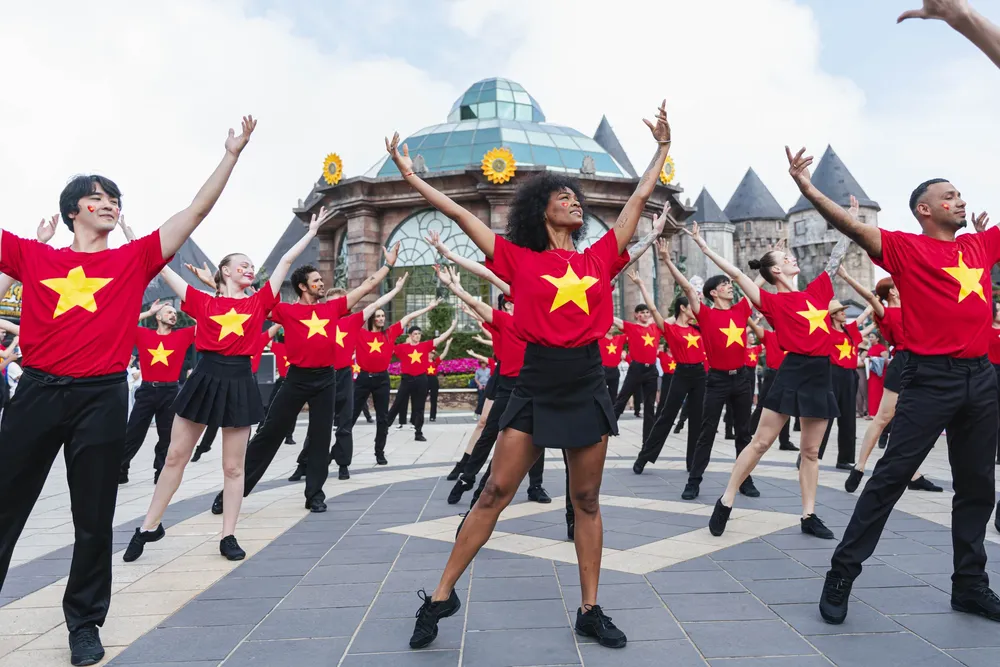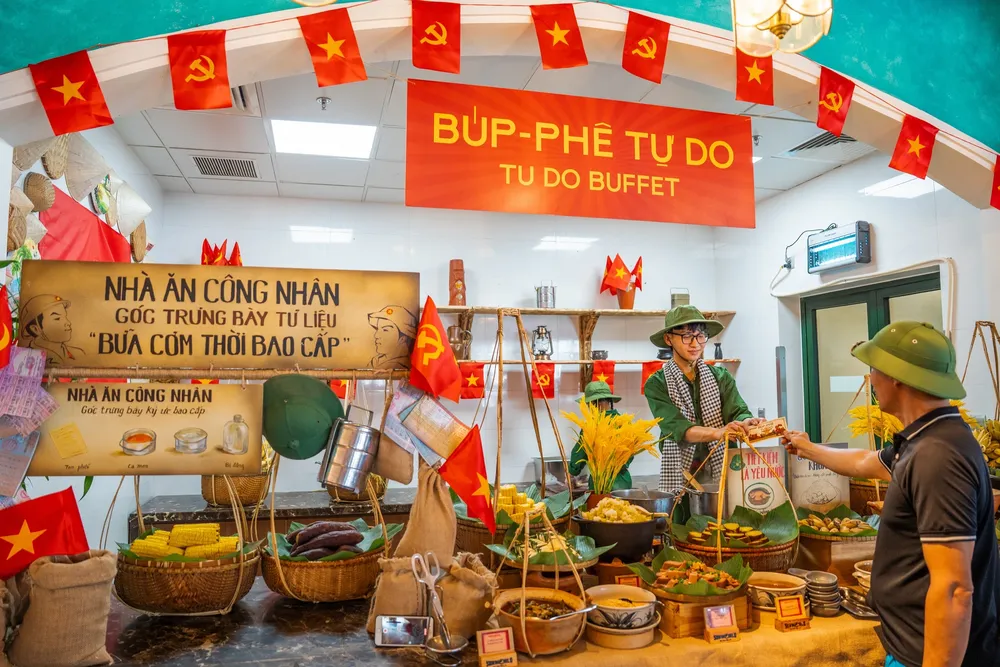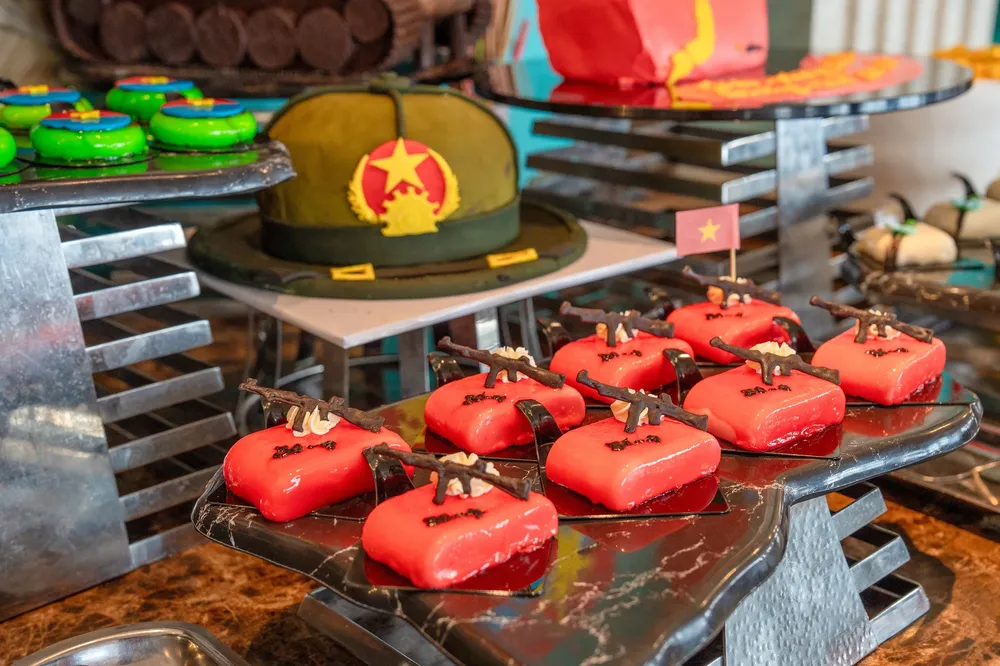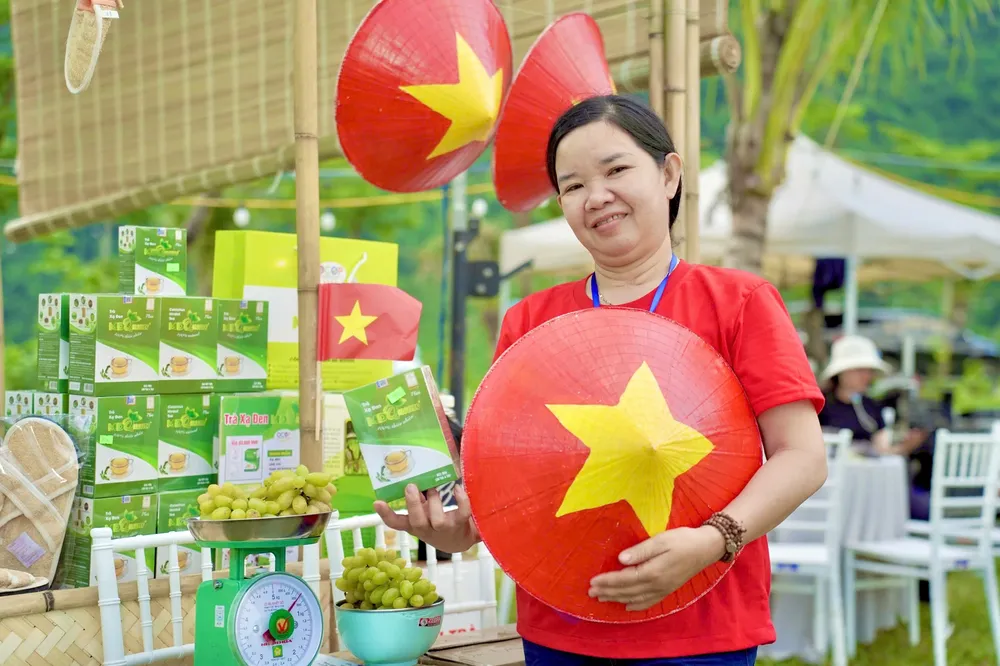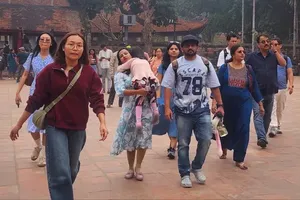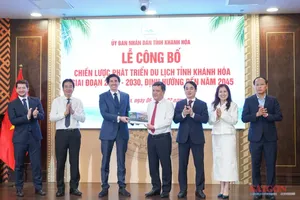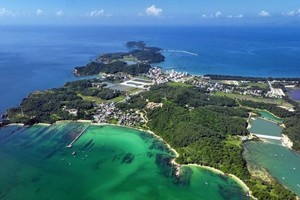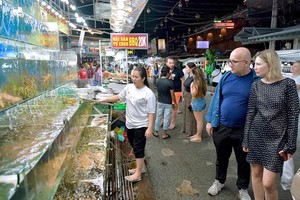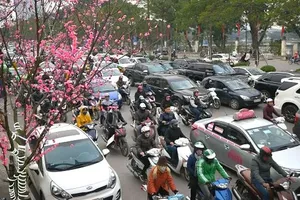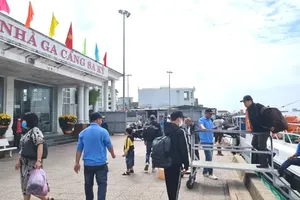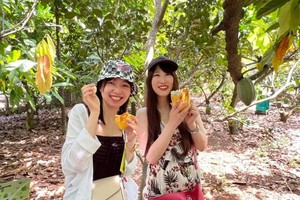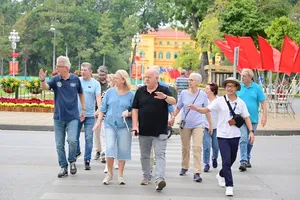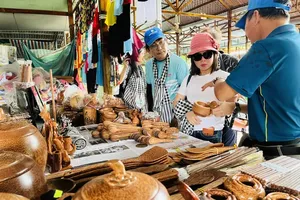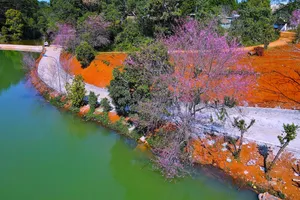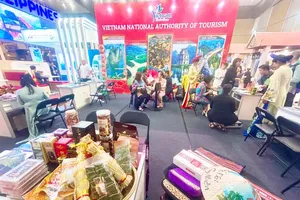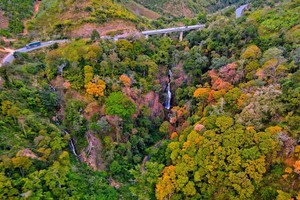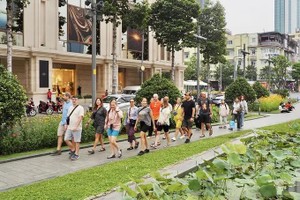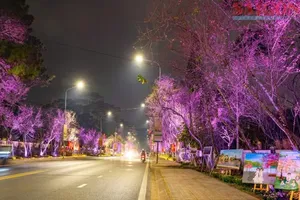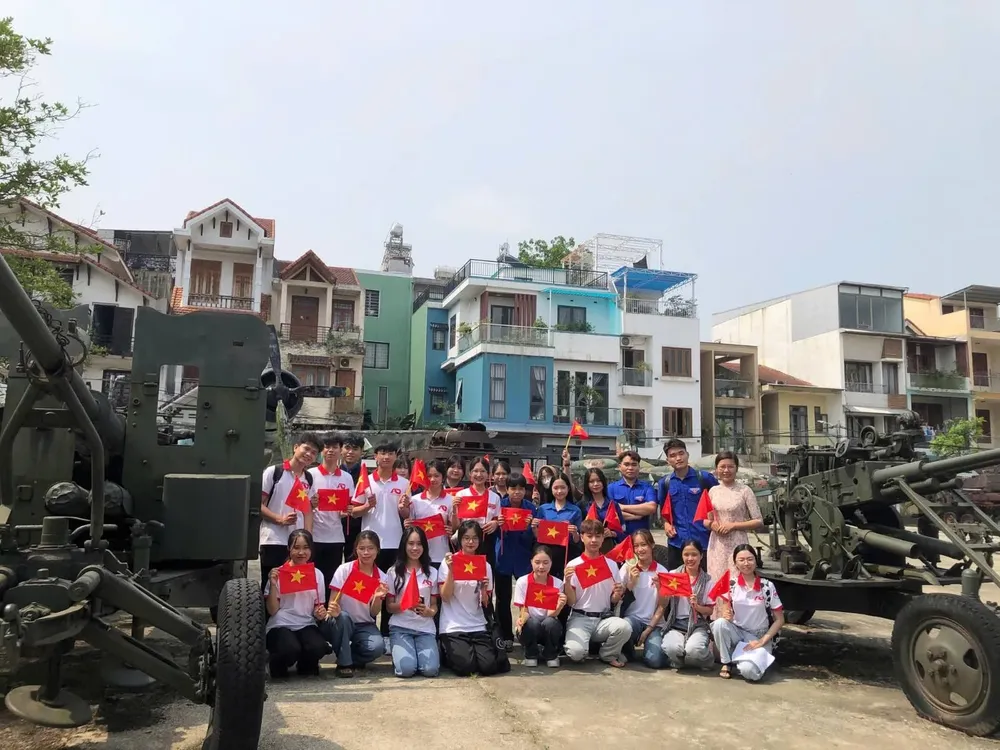
In the former imperial capital of Hue, the atmosphere at Hue City Library has become contemplative, showcasing over 250 valuable documents, including books, newspapers, and historical images vividly depicting the 1975 Spring General Offensive and Uprising, the campaign that led to the Great Spring Victory, the liberation of the South, and the reunification of the nation.
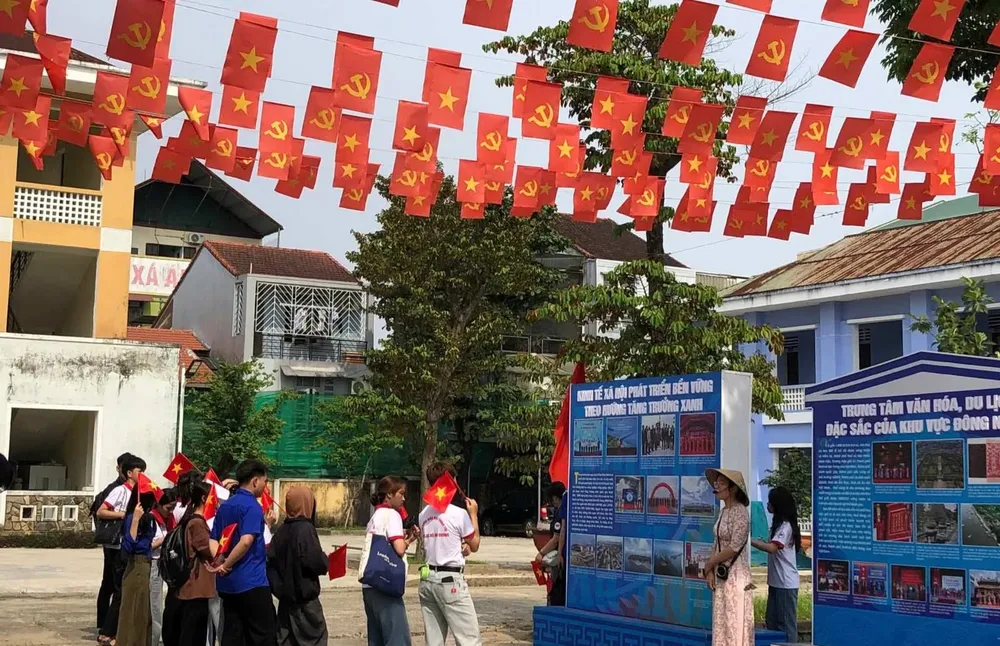
The Hue City Museum of History and its heritage sites have also become meaningful destinations, drawing large numbers of war veterans, students, and Party members. The museum offers visitors a journey of gratitude, recalling the nation’s glorious past and the present generation’s responsibility.
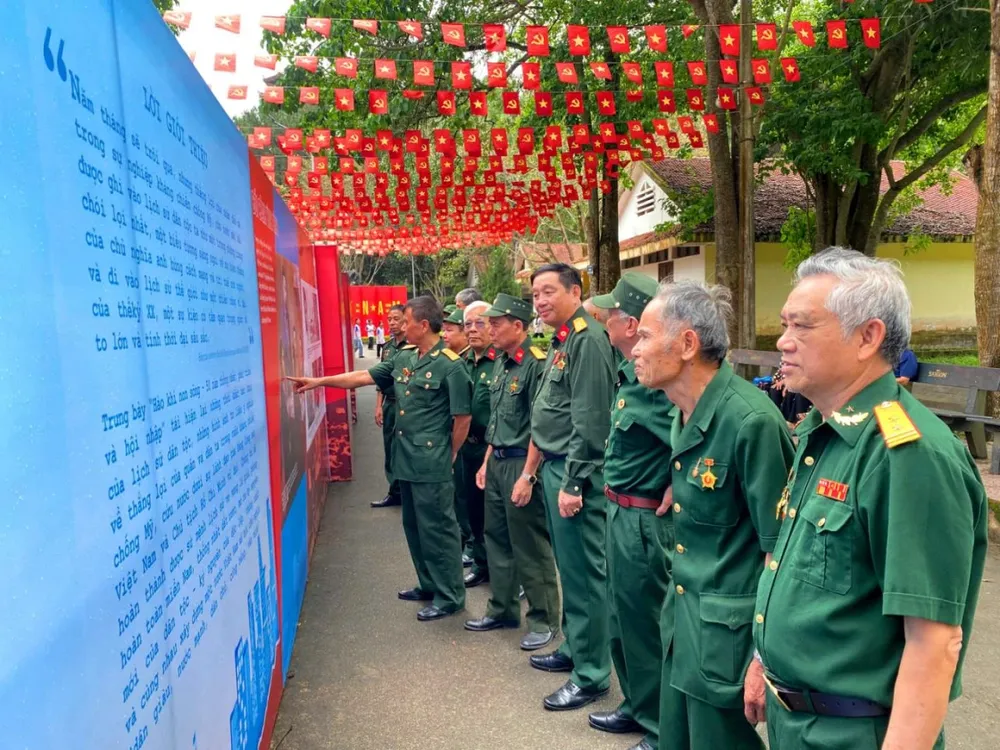
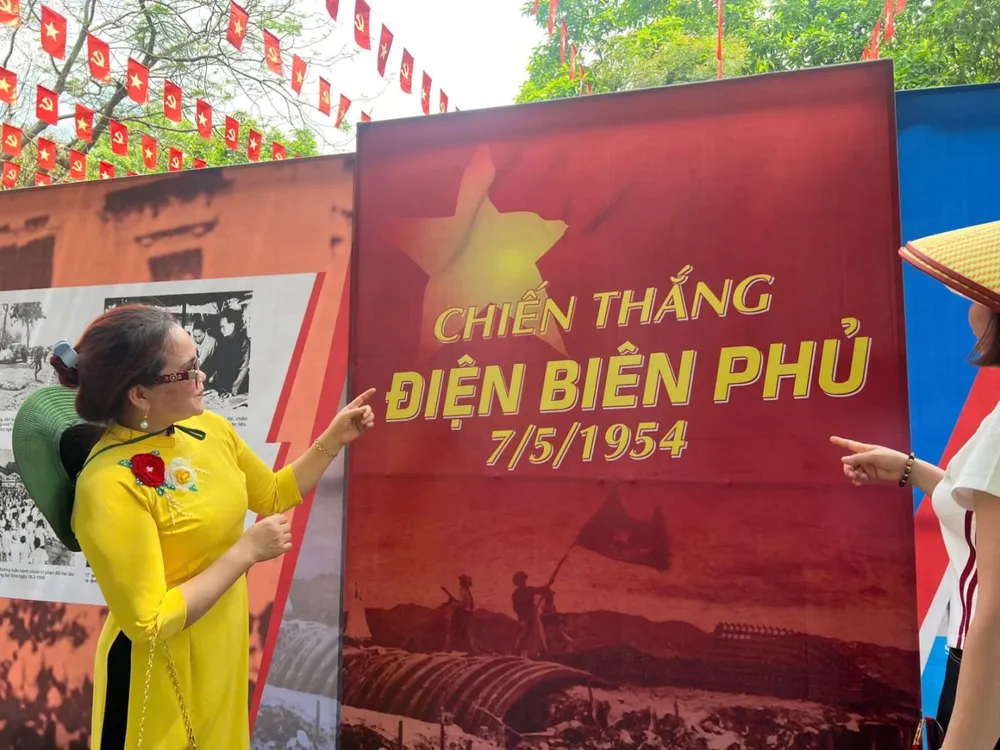
Dong Loc T-junction historical site in Ha Tinh Province’s Can Loc District has received a large number of people who have offered incense and flowers to martyrs who laid down their lives for the fatherland's independence and freedom.
The area played a vital role in the transportation of necessary ammunition from north to south during the war. It is famous for the story of 10 female martyrs who sacrificed their lives to ensure the transportation of important materials on the Ho Chi Minh Trail on July 24, 1968. From 1965 to 1968, the US Army dropped nearly 50,000 bombs and fired tens of thousands of missiles on the T-Junction in the hopes of cutting off the transport route to the southern front.
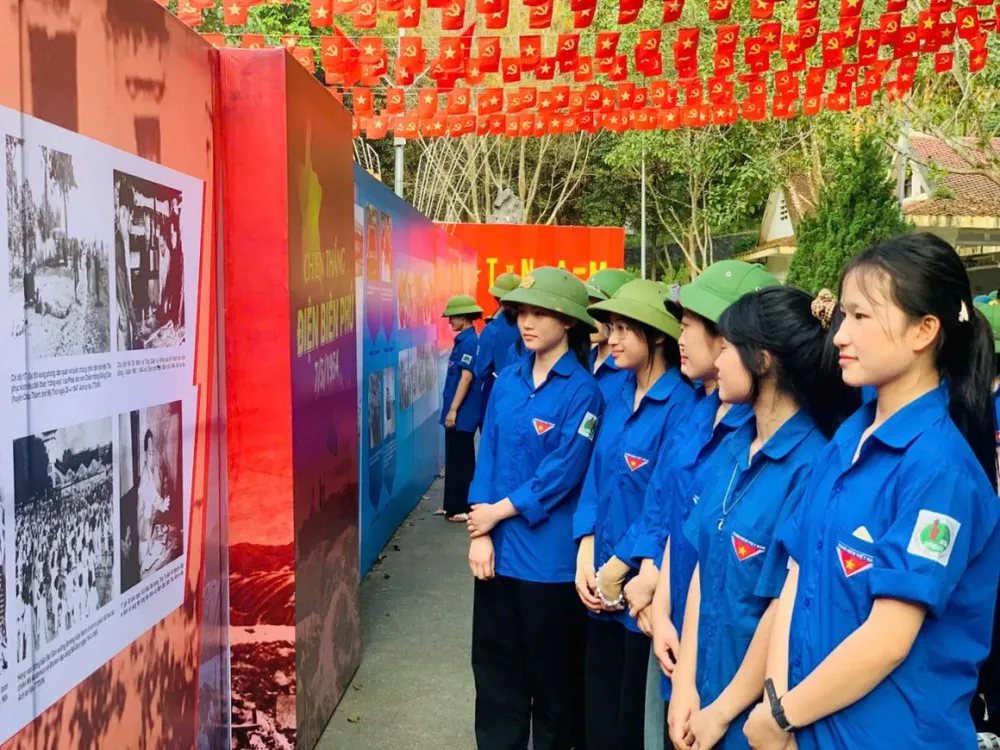
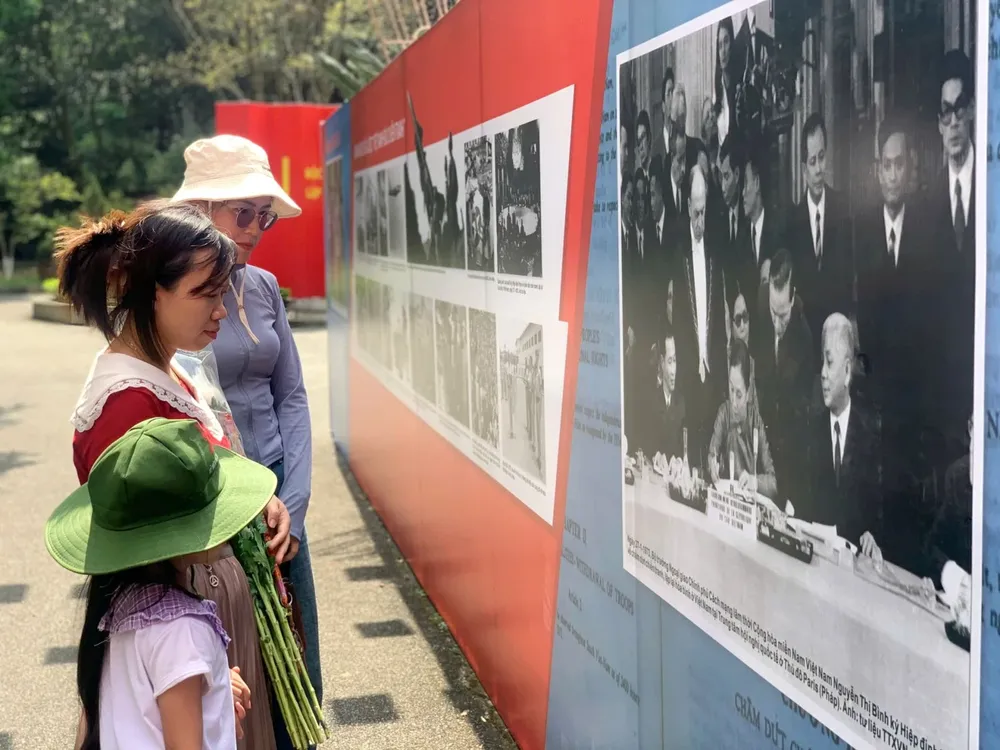
At Ba Na Hills complex in Hoa Phu Commune, Hoa Vang District, Da Nang City, instead of the European-style dancing performances, international dancers have immersed themselves in revolutionary dances. Meanwhile, the 'Freedom' buffet area also leaves a strong impression by recreating the culinary flavors of the subsidy era, a difficult yet proud period in the nation's history, interwoven with modern European and Asian dishes, offering visitors an experience that is refreshing and nostalgic.
In addition, the Leaf Village & Farm in Hoa Bac Commune, Hoa Vang District organized the Independence Day market filled with flags and flowers. Musical performances and cultural exchanges with the Co Tu ethnic community not only revived the festive spirit of the homeland but also contributed to connecting generations and preserving sacred cultural and historical values.
